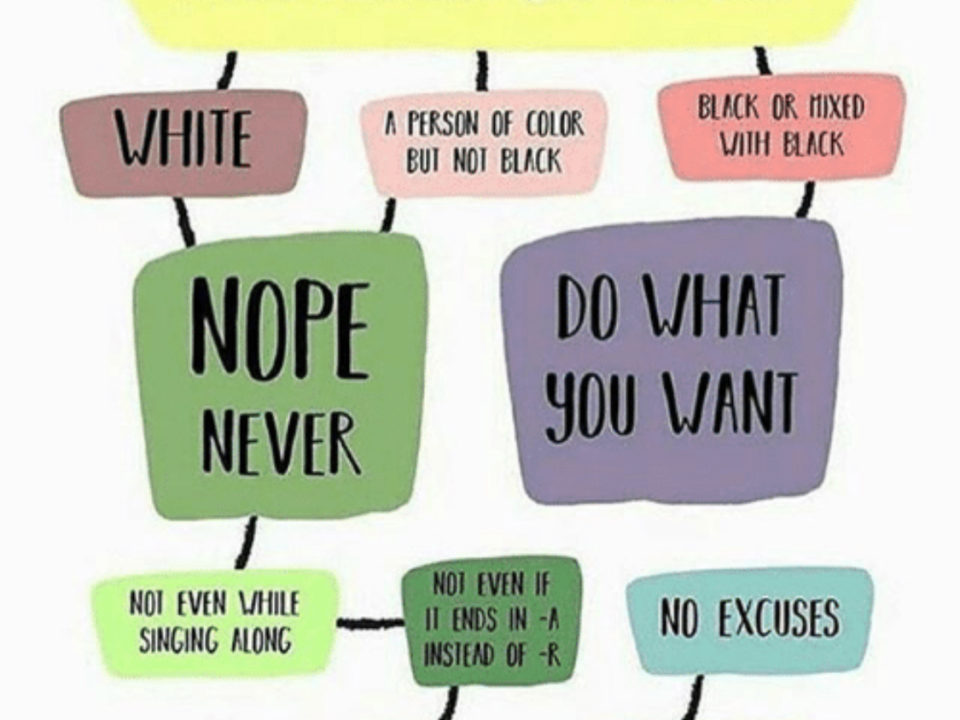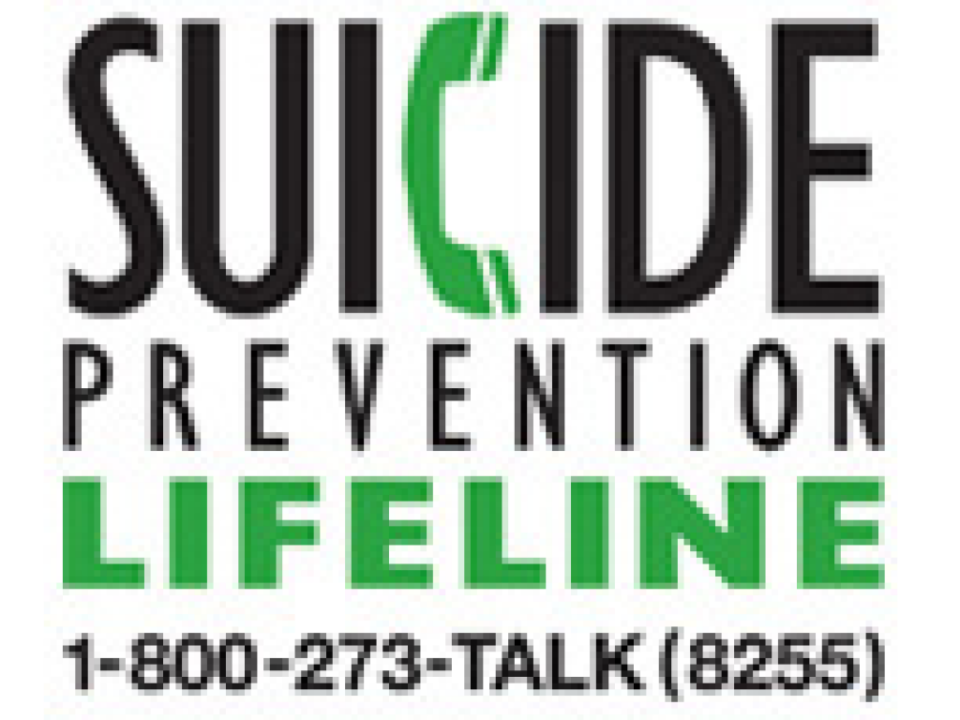Building Resilience in Children and Teens: Praise Effort, Not Intelligence or the End Result
April 22, 2016Building Resilience in Children and Teens: Unspoken Criticism
May 1, 2016For this pearl, I'm quoting directly from the book Building Resilience in Children and Teens: Giving Kids Roots and Wings, albeit in excerpts. The chapter on criticism is as amazing as the rest of the book has been. I've distilled down to several critical points that don't fully capture the chapter, but definitely represent some of the most important points in my opinion. (And for the record, I haven't even finished the chapter yet!)
Here goes:
- All children have their own personal strengths, but too often we overlook them because we're focused on what they do wrong or what their shortcomings are.
- Adults usually criticize with good intentions, but pointing out only their mistakes or what's wrong usually puts them on the defensive.
- Criticism shames kids which can breed anger and resentment
- Criticism can make children feel inept -- the opposite of COMPETENT (one of our SEVEN CRUCIAL Cs!)
- How to give helpful criticism:
- Criticism, like praise, must be specific. i.e. "You left a mess all over the place" instead of "Ugh you are so messy!"
- The most effective criticism also recognizes your child's strengths. An example: "You're really good with lists, so how about making a list so you don't forget all of the chores you have to do each day."
This section ends with a really critical skill that I am definitely working on and I quote: When we are about to open our mouths to utter a critical comment, we should stop and ask ourselves,
"How can I use this experience to help my child learn from this mistake without destroying his/her confidence or instilling shame?"




